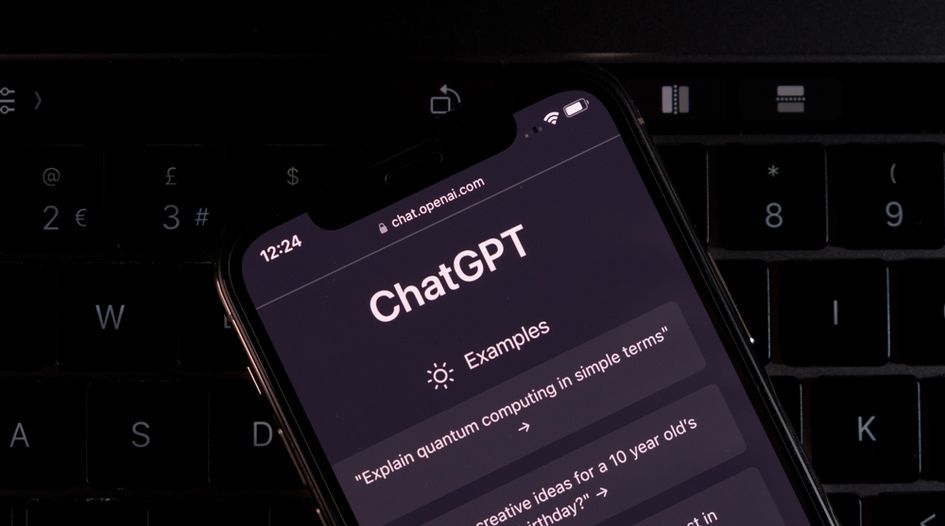ChatGPT Struggling to Keep Pace with Google

OpenAI’s Need for Google’s Search Engine Data
OpenAI, the organization behind ChatGPT, is looking to enhance its language model to function as a "super assistant." A representative from the company recently highlighted a critical requirement for this upgrade: access to Google’s extensive and high-quality search engine data.
Why Data Matters for AI Models
Enhanced Accuracy
Access to vast amounts of high-quality data is crucial for the development of AI models. The more data an AI can process, the better it can learn. Specific benefits include:
- Improved Response Generation: A well-trained AI can generate responses that are more accurate and contextually relevant.
- Expanded Knowledge Base: By tapping into diverse sources of information, the AI can provide users with a greater breadth of knowledge.
Real-Time Information
One of the primary limitations of AI language models is their knowledge cutoff, which means they might not be aware of the most current events or trends. Access to live data from search engines like Google can help alleviate this issue, allowing the assistant to deliver up-to-date information to users.
The Role of Search Data
How Search Engine Data Enhances AI
Search engine data includes a wealth of information, such as:
- Common User Queries: Understanding frequently asked questions can help the AI anticipate what users might want to know.
- Trending Topics: Real-time insights into what people are interested in can help the AI provide timely and relevant information.
- Source Credibility: High-quality data offers a range of credible sources, enabling the AI to deliver well-researched responses.
Use Cases for a "Super Assistant"
If OpenAI successfully integrates Google’s search data, the potential applications for a "super assistant" could be numerous:
- Customer Service: The AI could provide immediate, accurate responses to customer inquiries.
- Research Assistance: Users could receive tailored help with academic research or general information gathering, backed by credible sources.
- Personalized Recommendations: By analyzing user preferences and current trends, the AI could suggest products, services, or content that align with user interests.
Implications for Competition
The Landscape of AI Development
The push for access to Google’s data highlights the competitive nature of AI development. Companies and startups striving to create superior AI solutions face challenges that could be mitigated through collaboration. Coupled with ethical considerations, the use of data from major tech firms raises questions about fairness and transparency in AI creation.
Potential Collaborations and Partnerships
To navigate these challenges, OpenAI and Google may consider collaborations that could benefit both parties:
- Data Sharing Agreements: An official partnership could allow OpenAI to access data while ensuring that Google’s terms and user privacy remain intact.
- Joint Research Initiatives: Collaborative projects could drive innovation and improve AI development techniques.
Final Thoughts
While OpenAI’s pursuit of Google’s high-quality search data focuses on creating a more robust AI language model, the implications of this partnership extend far beyond immediate enhancements. The integration of real-time information into ChatGPT could revolutionize how users interact with AI, positioning it as a genuinely helpful assistant for myriad applications. As the competition in AI advances, the dynamics of data access and ethical considerations will continue to shape the future of technology.






